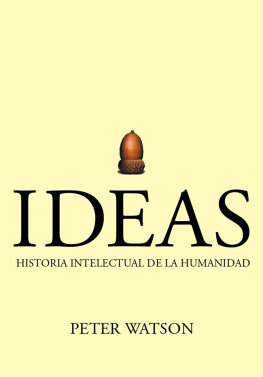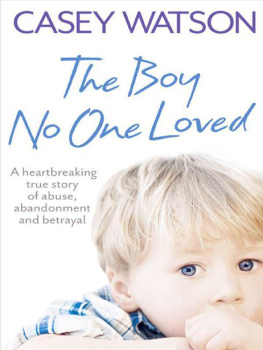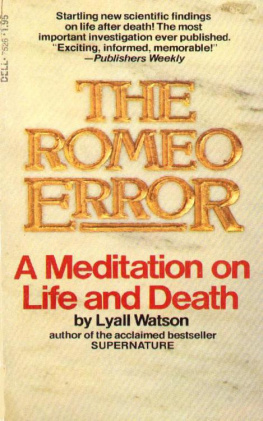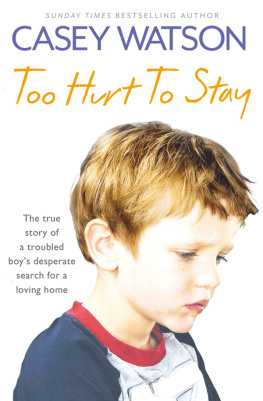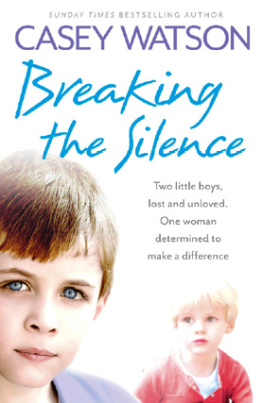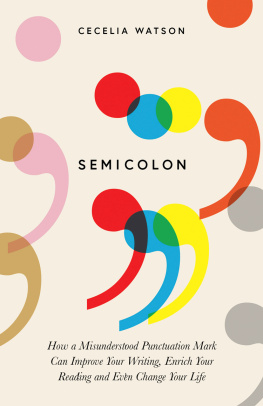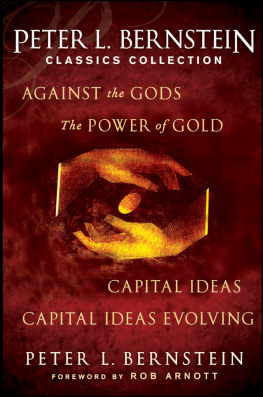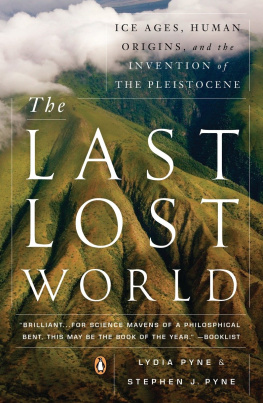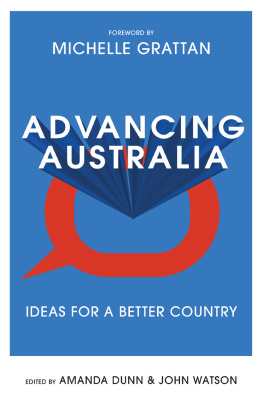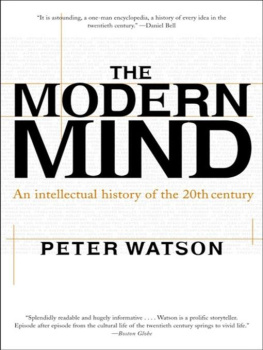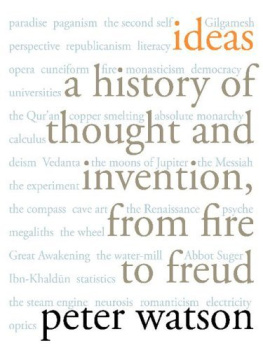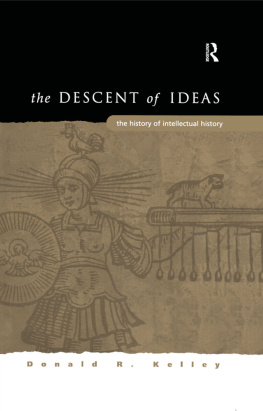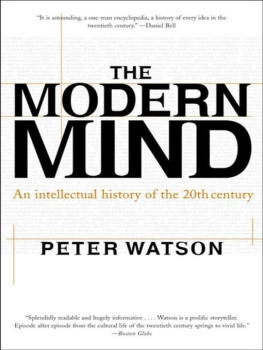No hay verdades absolutas; todas las verdades son medias verdades. El mal surge de quererlas tratar como verdades absolutas.
Aunque quiz sea difcil vivir con generalizaciones, es inconcebible vivir sin ellas.
NOTA DEL AUTOR
En los agradecimientos de su libro The Joys of Yiddish, publicado en 1970, Leo Rosten reconoca su deuda con un amigo que, al criticar el manuscrito, haba empleado su singular conocimiento de la historia antigua, el latn, el griego, el alemn, el italiano, el hebreo, el arameo y el snscrito. Arameo y snscrito: ese ltimo apunte me encant. Ser capaz de hablar ingls, alemn e italiano ya es bastante impresionante; agregue a eso latn, griego y hebreo y destacar como un lingista de inusual distincin; pero arameo (el idioma de Jess) y snscrito? Semejante individuo slo puede ser lo que el mismo Rosten describe en su libro como un gran erudito, un chachem, una persona inteligente, sabia y entendida. En una obra como Ideas, resultara cmodo pensar que el conocimiento y la sabidura son una y la misma cosa, pero de inmediato Rosten mina cualquier esperanza que pudiramos tener en ese sentido. Un chachem joven y brillante le dijo a su abuela que iba a convertirse en un Doctor en Filosofa. Ella sonre, orgullosa: Maravilloso! Pero, qu clase de enfermedad es la filosofa?
Para escribir este libro, que abarca material concebido en muchas lenguas, entre ellas el arameo y snscrito, me habra bastado un buen nmero de amigos como el de Rosten, pero los mavin (la palabra yiddish para expertos, entendidos) poli-polglotas ya no son tan abundantes como alguna vez lo fueron. Sin embargo, no he sido menos afortunado que l ya que un buen nmero de estudiosos eminentes, a quienes les agrad el proyecto de una historia de las ideas dirigida al gran pblico, accedieron a leer el texto completo o parte de l y me permitieron beneficiarme de su pericia. Antes de darles las gracias, me apresuro a hacer la usual exencin de responsabilidades: todos los errores, omisiones y solecismos que hayan quedado en el texto son nica y exclusivamente responsabilidad ma. Dicho esto, extiendo mi gratitud a: John Arnold, Peter J. Bowler, Peter Burke, Christopher Chippendale, Alan Esterson, Charles Freeman, Dominick Geppert, P. M. Harman, Robert Johnston, John Keay, Gwendolyn Leick, Paul Mellars, Brian Moynahan, Francis Robinson, James Sackett, Chris Scarre, Hagen Schulze, Robert Segal, Chandak Sengoopta, Roger Smith, Wang Tao, Francis Watson y Zhang Haiyan. Por la ayuda editorial y otros aportes, tambin estoy en deuda con: Walter Alva, Neil Brodie, Cass Canfield Jr., Dilip Chakrabarti, Ian Drury, Vivien Duffield, Hugh van Dusen, Francesco dErrico, Israel Finkelstein, Ruth y Harry Fitzgibbons, David Gill, Eva Hajdu, Diana y Philip Harari, Jane Henderson, David Henn, Ilona Jasiewicz, Raz Kletter, David Landes, Constance Lowenthal, Fiona McKenzie, Alexander Marshack, John y Patricia Menzies, Oscar Muscarella, Andrew Nurnberg, Joan Oates, Kathrine Palmer, Colin Renfrew, John Russell, Jocelyn Stevens, Cecilia Todeschini, Randall White y Keith Whitelam. Ideas, adems, no habra sido posible sin la ayuda del personal de tres bibliotecas: la Biblioteca Haddon de Antropologa y Arqueologa, en Cambridge, Inglaterra; la Biblioteca de Londres; y la Biblioteca de la Facultad de Estudios Africanos y Orientales, en la Universidad de Londres. Estoy muy agradecido por su colaboracin.
Al final de este libro hay cerca de tres mil referencias que abarcan ms de ciento cincuenta pginas. No obstante, me gustara resaltar aqu algunos ttulos que han sido fundamentales para mi trabajo. Uno de los verdaderos placeres de la documentacin y de la escritura misma de Ideas fue que me permitieron conocer un gran nmero de obras que, pese a que nunca sern xitos de ventas, son obras maestras de la erudicin, el conocimiento y la investigacin acadmica. No pocos de los libros mencionados a continuacin son clsicos en su campo, y si este libro no fuera ya demasiado extenso, me habra gustado agregar un ensayo bibliogrfico que describiera los contenidos, el enfoque y el inters de muchos de los siguientes trabajos. Por tanto, tendr que contentarme con sealar que la lista que sigue incluye libros que simplemente son indispensables para cualquiera que desee considerarse informado acerca de la historia de las ideas y que mi gratitud hacia sus autores no tiene lmites. El placer que me han regalado estos volmenes es inconmensurable.
En orden alfabtico por autor o editor, stos son: Harry Elmer Barnes, An Intellectual and Cultural History of the Western World; Isaiah Berlin, El sentido de la realidad; Malcolm Bradbury y James McFarlane, eds., Modernism: A Guide to European Literature, 1890-1930; Jacob Bronowsky y Bruce Mazlish, La tradicin intelectual de occidente; Edwin Bryant, The Quest for the Origins of Vedic Culture; James Buchan, The Capital of the Mind; Peter Burke, El renacimiento italiano: cultura y sociedad en Italia; J. W. Burrow, La crisis de la razn: el pensamiento europeo entre 1848 y 1914; Norman Cantor, The Civilisation of the Middle Ages; Ernst Cassirer, La filosofa de la Ilustracin; Jacques Cauvin, The Birth of the Gods and the Origins of Agriculture; Owen Chadwick, The Secularisation of European Thought in the Nineteenth Century; Marcia Colish, Medieval Foundations of the Western Intellectual Tradition, 400-1400; Henry Steele Commager, The Empire of Reason; Alfred W. Crosby, La medida de la realidad: la cuantificacin y la sociedad occidental; Georges Duby, La poca de las catedrales; Mircea Eliade, Historia de las creencias y de las ideas religiosas; Henry F. Ellenberger, El descubrimiento del inconsciente; J. H. Elliott, El Viejo Mundo y el Nuevo: 1492-1650; Lucien Febvre y Henri-Jean Martin, La aparicin del libro; Valerie Flint, The imaginative Landscape of Christopher Columbus; Robin Lane Fox, La versin no autorizada; Paula Fredriksen, From Jesus to Christ; Charles Freeman, The Closing of the Western Mind; Jacques Gernet, El mundo chino; Marija Gimbutas, Dioses y diosas de la vieja Europa : 7000-3500 a. C.; Edward Grant, God and Reason in the Middle Ages; Peter Hall, Cities in Civilisation; David Harris, ed., The Origins and Spread of Agriculture and Pastoralism in Eurasia; Alvin M. Josephy, ed., America in 1492; John Keay, India: A History; William Kerrigan y Gordon Braden, The Idea of the Renaissance; Paul Kriwaczek, In Search of Zarathustra; Thomas Kuhn, La revolucin copernicana; Donald F. Lach, Asia in the Making of Europe; David Landes, La riqueza y la pobreza de las naciones; David Levine, At the Dawn of Modernity; David C. Lindberg, Los inicios de la ciencia occidental; A. O. Lovejoy, La gran cadena del ser; Ernst Mayr, The Growth of Biological Thought; Louis Menand, The Metaphysical Club: El club de los metafsicos; Steven Mithen, Arqueologa de la mente; Joseph Needham, La gran titulacin; Joseph Needham, et al., Science and Civilisation in China; Hans J. Nissen, The Early History of the Ancient Near East; Anthony Pagden, La cada del hombre y Pueblos e imperios; J. H. Parry, La poca de los descubrimientos geogrficos; L. D. Reynolds y N. G. Wilson, Copistas y fillogos

